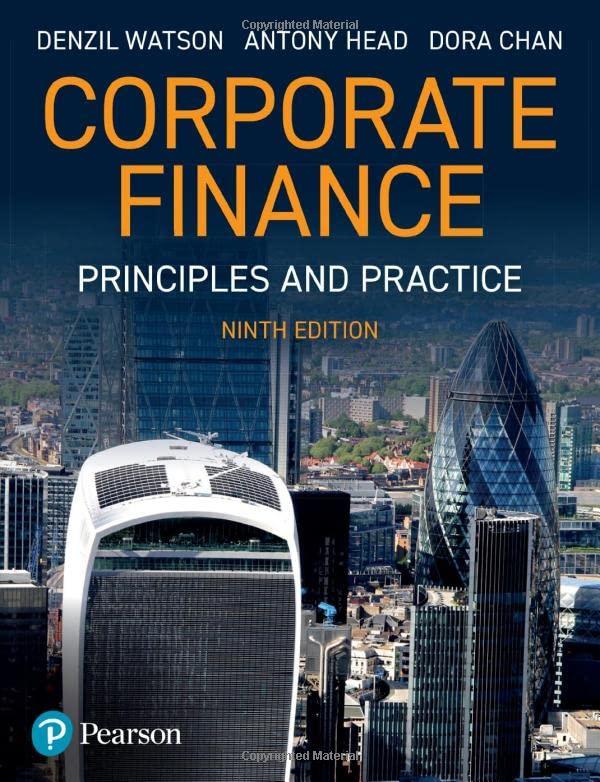Question
The extract below, written , describes the impact of the war in Ukraine on the supply of fertilisers. Read the article, then write one essay
The extract below, written , describes the impact of the war in Ukraine on the supply of fertilisers. Read the article, then write one essay that addresses the following: Assuming that the market for agribusiness fertilisers is perfectly competitive, use a demand and supply diagram to explain how the market for fertilisers described in the article was impacted in the third quarter of 2022 and how this changed the market equilibrium price and quantity of fertiliser sold. As part of your answer, consider how far the perfectly competitive model of markets is appropriate for modelling the changes in equilibrium prices and quantities in the market for fertilisers. in 900 words Extract 1: Russia supply shock forces rethink for chemicals and fertiliser groups Shutdowns, shortages and surging prices are prompting calls for a more resilient food system The war in Ukraine is wreaking havoc on global supply chains. Western sanctions in response to the invasion, price shocks resulting from Russia's weaponisation of energy, and disruptions to goods shipments have punctured normal procurement practices. The reverberations are being felt across the span of global industries but the effects on the chemicals and agribusiness sectors have been particularly severe. "Energy-intensive industrials and European fertiliserSvein Tore Holsether, chief executive of Norwegian chemicals group Yara International, one of the world's largest producers of nitrogen-based mineral fertilisers, says the disruption following the invasion of Ukraine was rapid and profound piling pressure on already tight market conditions. Even before the war, global fertiliser supplies had been stretched by Covid shutdowns, labour shortages, and general volatility.
"The value chains were incredibly integrated," he says. "When you look at the map where Europe is, where Russia is, where the locations for natural resources are these chains have been created over decades. Even during the coldest parts of the cold war, these products kept flowing so business was running. And that all changed radically in the course of a few days."
Though no direct bans have been levied on food and fertiliser products from Russia, western nations say the war has cut off Ukraine's food exports and Moscow is blaming sanctions for restricting its shipments.
The invasion and those Western sanctions swiftly blocked access to suppliers, while Russia's suspension of gas flows to Europe has caused energy costs to soar. Producing fertiliser components such as nitrogen and ammonia requires vast quantities of natural gas: it accounts for some 80 per cent of production costs. But gas prices have surged 200 per cent in Europe this year, hitting record highs in August (although wholesale gas prices have since dipped as nations build stockpiles).
Many of Europe's chemical companies including sector behemoths Grupa Azoty, Achema and CF Industries have responded to the turmoil with shutdowns and cutbacks.
Step by Step Solution
There are 3 Steps involved in it
Step: 1

Get Instant Access to Expert-Tailored Solutions
See step-by-step solutions with expert insights and AI powered tools for academic success
Step: 2

Step: 3

Ace Your Homework with AI
Get the answers you need in no time with our AI-driven, step-by-step assistance
Get Started


